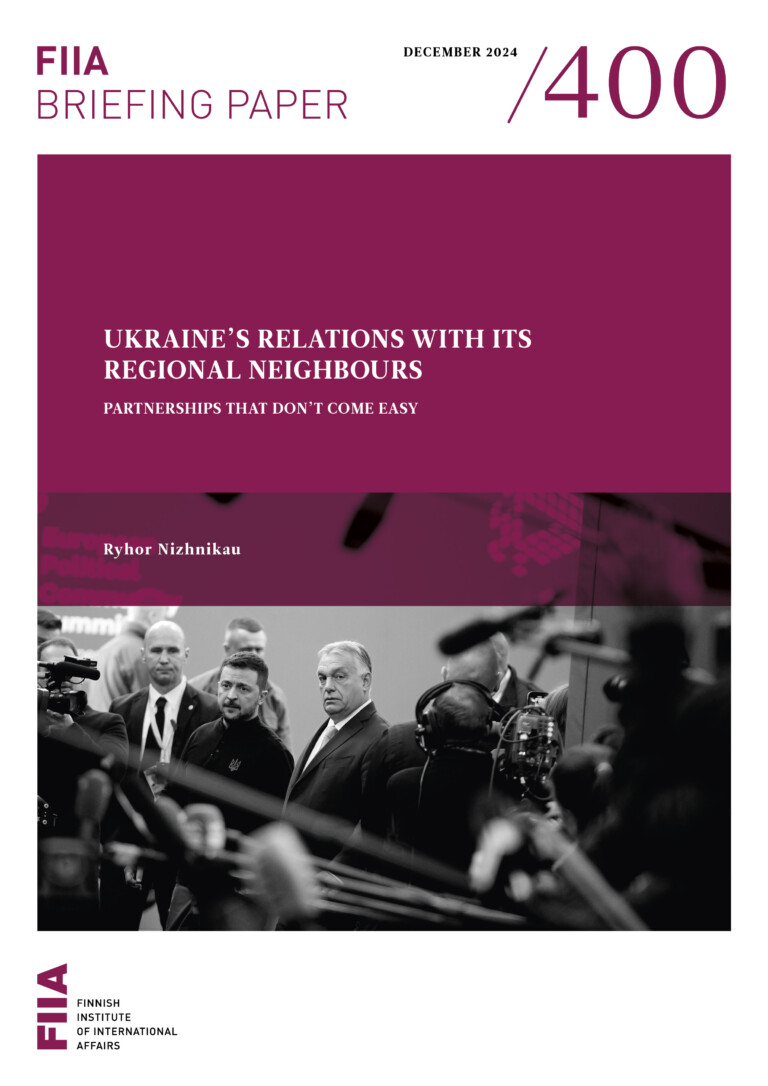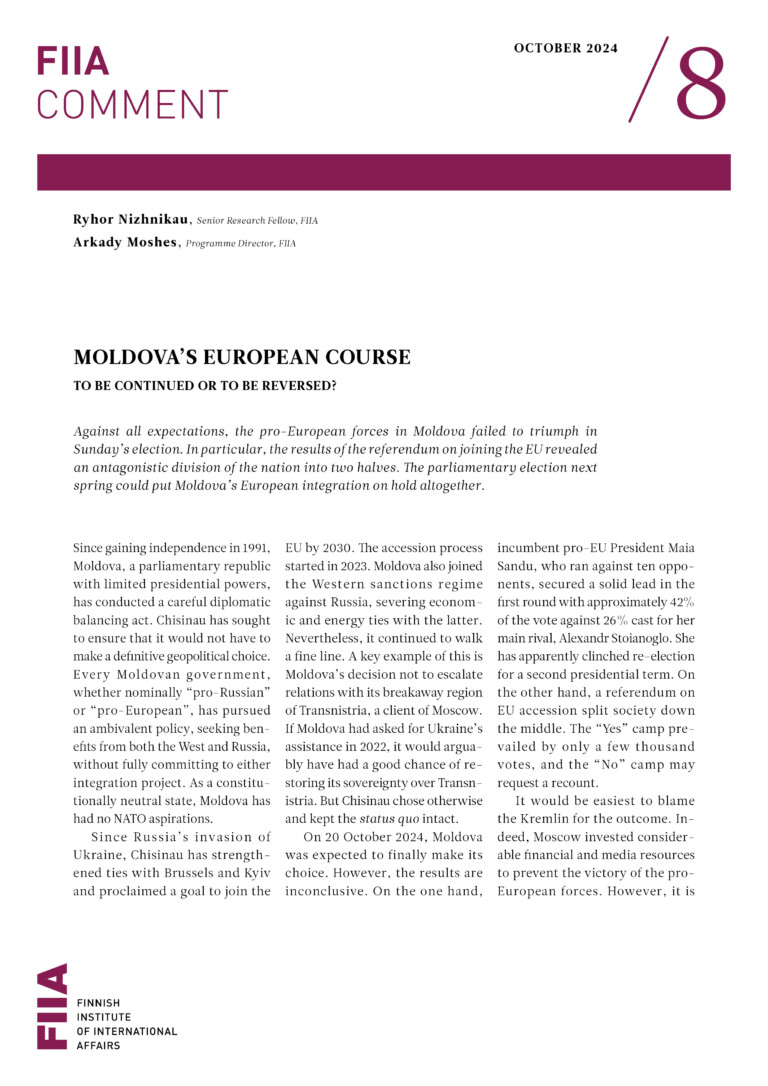The 10-15% reduction target by 2020 announced by Russia reflects neither the country’s efficiency potential, nor modeled emissions trends. With emission reduction measures, Russia could commit to a target of ca. -30% by 2020.
Transferring the surplus emission allowances Russia gained under the Kyoto Protocol due to the economic restructuring of the 1990s represents an extreme threat to both the environmental and market integrity of the Copenhagen agreement as it could be used to offset real domestic emission reduction measures in other countries. But it seems politically unlikely that Russia would join without transferring the surplus under the Copenhagen agreement.
Countries should recognize the threat posed by the surplus, and offer a cooperative strategy to deal with it. However, pushing through a ‘cancel or discount’ approach to the surplus problem by three-quarter majority, which could be brought together without the co-operation of the surplus-holding countries, should be kept as a reserve strategy.
More ambitious targets – beyond the 25-40% suggested by the IPCC – for the Annex I industrialized country group, especially for the surplus holding countries including Russia, could absorb the transferred surplus. However, given the current low pledges of Annex 1 countries, higher targets are unlikely to absorb the whole surplus, and therefore, a basket of approaches should be applied.
To gain credibility on this issue of vis-à-vis Russia and to avoid Russia setting the tone, before Copenhagen the EU must adopt an internal solution to deal with the surplus of its new member states. • If expecting to transfer the surpluses, the other surplus holding countries including Russia could announce national surplus use plans prior to the Copenhagen climate talks.
In order to minimize a scenario of Russia blocking the Copenhagen process in the final hours, key countries should publically engage Russia on climate and the Copenhagen talks. Important Annex I countries, especially the US, should send very high-level representatives to Moscow like they have sent to China and India.





